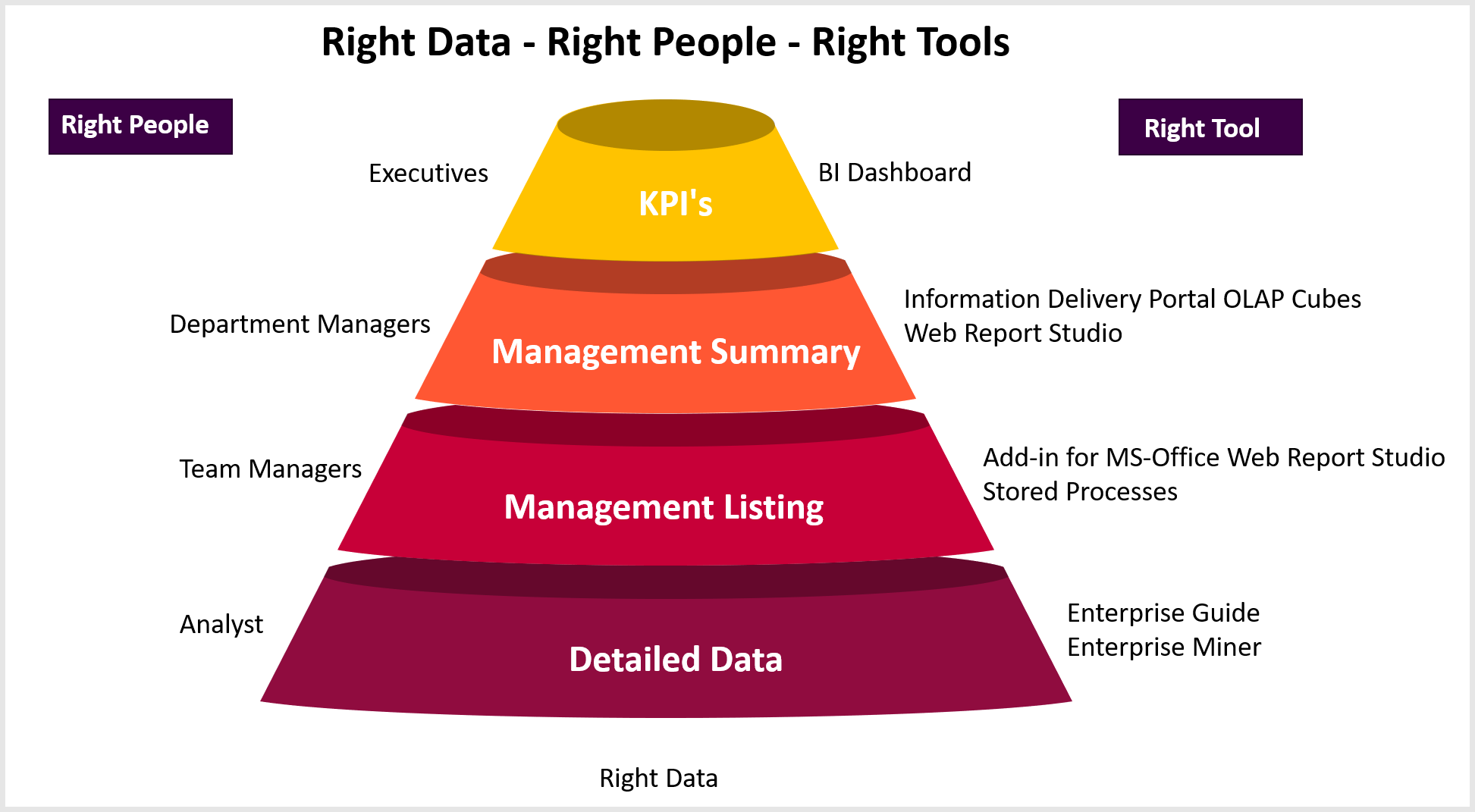Driving Growth Through Data-Driven Insights
In today’s data-driven world, businesses that can effectively leverage data gain a significant competitive advantage. However, developing and implementing a successful Business Intelligence (BI) strategy requires careful planning, expert guidance, and a deep understanding of your business needs.
Our BI Strategy Consulting services help organizations navigate the complexities of BI adoption, from defining clear business objectives to developing and implementing a robust BI roadmap.

What we offer
Define Your BI Vision
- Define Business Objectives: Collaboratively define your organization’s key business objectives and identify how BI can help achieve them.
- Identify Key Performance Indicators (KPIs): Determine the critical metrics that will measure the success of your business and track progress towards your goals.
- Establish Data-Driven Decision Making: Foster a data-driven culture within your organization and empower decision-makers with the insights they need to succeed.
Assess Your Data Landscape
- Data Inventory & Assessment: Conduct a thorough inventory of your existing data sources, assess data quality, and identify data gaps.
- Evaluate Current BI Capabilities: Evaluate your current BI tools, technologies, and processes.
- Identify Data Integration Challenges: Analyze and address data integration challenges across different systems and departments.
Develop a Robust BI Roadmap
- Prioritize BI Initiatives: Prioritize BI projects based on their potential impact, feasibility, and alignment with business objectives.
- Define Data Requirements: Determine the data requirements for each BI initiative and develop data collection and preparation strategies.
- Select and Implement BI Tools: Evaluate and select the most appropriate BI tools and technologies for your organization’s needs.
Build a Data-Driven Culture
- Data Literacy Training: Educate employees on data literacy and how to effectively use data to make decisions.
- Change Management: Develop and implement strategies to foster a data-driven culture within the organization.
- Communicate the Value of BI: Communicate the benefits of BI to all stakeholders and build support for data-driven initiatives.
Ensure Data Governance & Security
- Establish Data Governance Policies: Develop and implement data governance policies to ensure data quality, security, and compliance.
- Data Security & Privacy: Implement robust data security measures to protect sensitive data and comply with relevant regulations (e.g., GDPR, CCPA).

